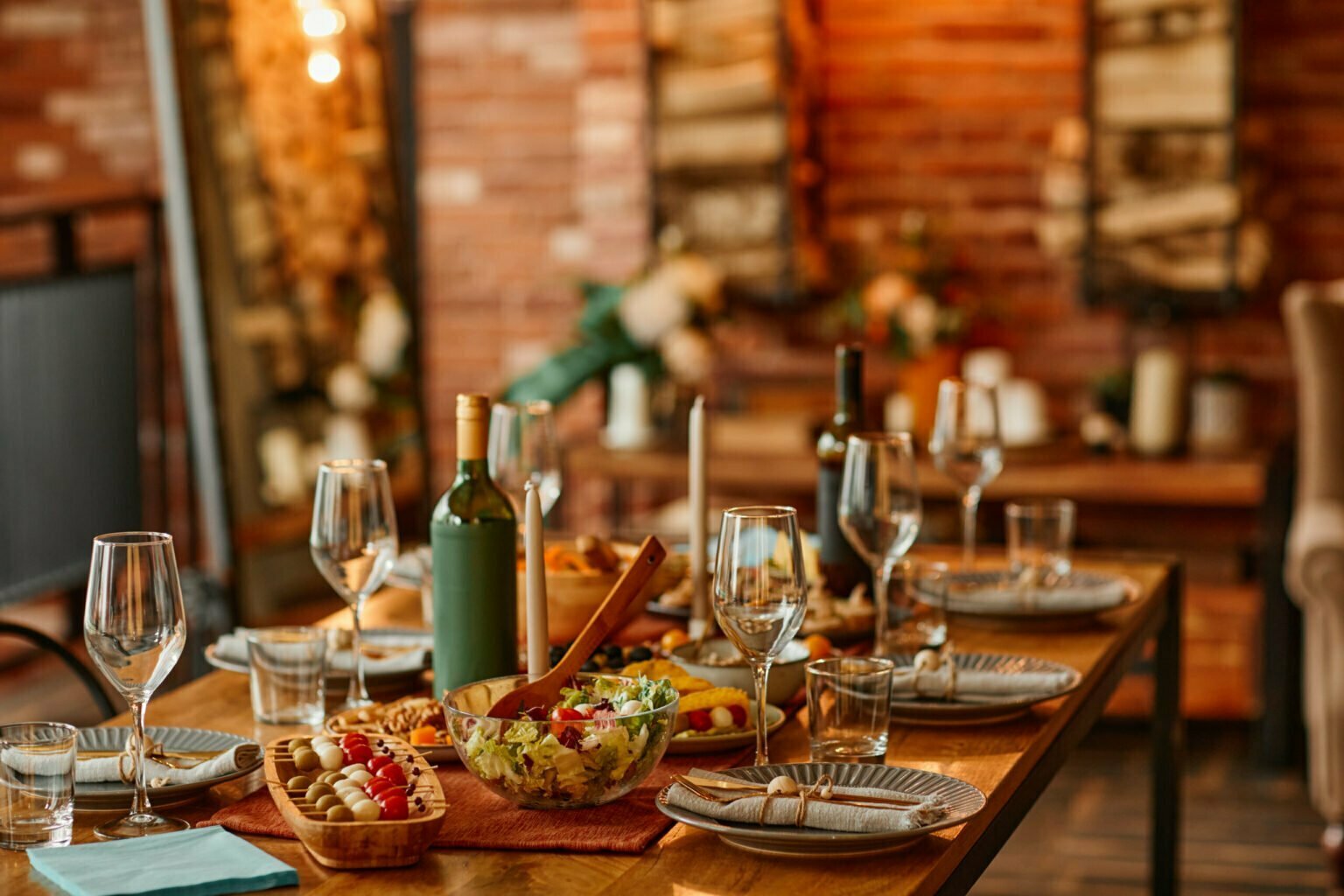In the modern world of exquisite tastes and gourmet cuisines, a fine dining establishment stands as a symbol of opulence, luxury, and refined culinary prowess. The culinary business is no longer just about serving food; it’s about offering an unforgettable gastronomic journey through service, ambiance, and the unparalleled quality of meals. However, opening a fine dining establishment involves an intricate process that demands a blend of passion, diligence, and careful planning. This comprehensive guide explores the critical steps necessary to navigate this complex industry, offering you invaluable insights and practical tips.
Securing the Perfect Location
One of the pivotal decisions in opening your fine dining establishment lies in choosing the right location. This decision involves several key considerations, including target market, surrounding competition, visibility, and access to suppliers. However, one crucial aspect that is often overlooked is the property’s actual value, which is where property valuation attorneys play an essential role.
These attorneys can help determine the fair market value of the potential property for your fine dining establishment. They provide expert legal assistance, making sure that you are neither overpaying for the property nor getting entangled in legal disputes later. Besides, these attorneys can offer valuable advice on local zoning laws and regulations, which can greatly influence your restaurant’s operations. Their services provide not just legal security, but also financial advantages that can determine your restaurant’s success.
Building an Outstanding Menu

Once the location has been secured, the next crucial step is to craft a menu that showcases your establishment’s culinary direction. A well-crafted menu serves as the heart of your fine dining establishment. It should be a harmonious blend of signature dishes and a carefully curated wine list that complements your cuisine.
Wine plays an integral part in the fine dining experience, enhancing the flavors of the dishes and heightening the overall gastronomic journey. You must consider the origin, flavor profile, and vintage of the fine wine and its synergy with your menu. To achieve this, hiring a sommelier can be an excellent investment. This fine wine expert can help pair your meals with the perfect fine wine, and train your staff in providing guests with a fine wine experience that matches the exquisite quality of your food.
Staffing Your Establishment
A fine dining establishment is only as good as its staff. Investing in skilled and experienced personnel is paramount. This includes not only your chefs and kitchen staff but also front-of-house staff like servers, bartenders, hosts, and maître d’s. They all play vital roles in delivering a seamless fine dining experience. Their professionalism, knowledge, and attention to detail can make a significant difference in how your guests perceive their dining experience.
Cultivating an Elegant Ambience

The ambiance of your establishment is just as important as the food and service. It creates the first impression on your guests and sets the mood for their dining experience. This encompasses everything from interior design, table settings, lighting, and background music to overall cleanliness and organization. All these factors should communicate a sense of sophistication and comfort that aligns with your fine dining concept.
Marketing and Promoting Your Fine Dining Establishment
In today’s digital age, marketing your establishment effectively is crucial. A well-thought-out marketing plan can not only attract potential customers but also build a strong brand presence. This includes a professional website, active social media engagement, PR activities, and potential collaborations with influencers and food critics.
Overall, opening a fine dining establishment is undoubtedly a challenging venture, but with the right preparation and guidance, it can also be a rewarding endeavor. It demands not only a passion for food and service, but also a deep understanding of business strategies, local laws, and market trends.




